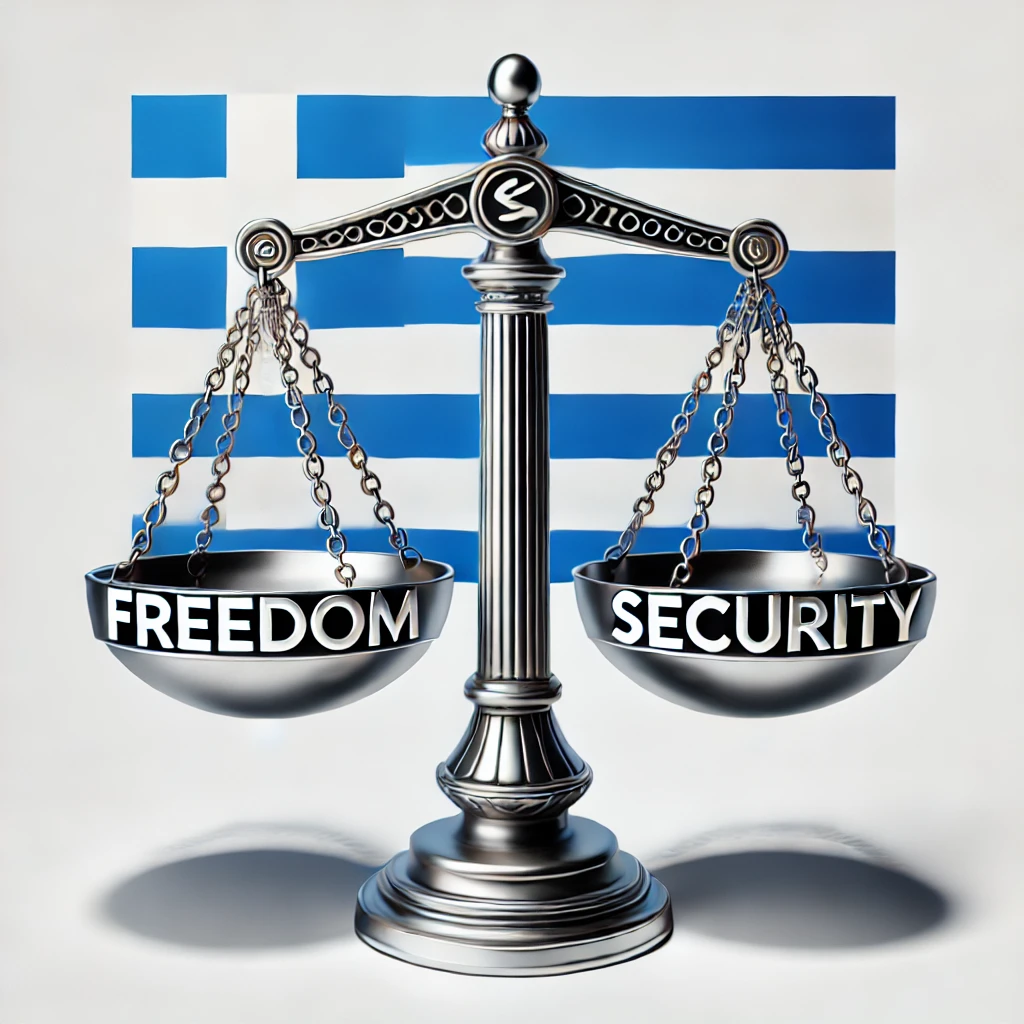The majority of Greeks do not feel secure in their current circumstances but hold high expectations for the future, according to a survey by Metron Analysis for To Vima on Greek values.
The survey sheds light on how Greeks perceive themselves, their surroundings, and their aspirations for 2025. It also reflects on the lessons learned after 35 years of continuous prosperity followed by 15 years of successive crises.
According to To Vima, Greek society appears to be preparing for its next step, grounded in core values such as freedom, security, reducing inequalities, improving quality of life, addressing discrimination, accepting diversity, taking bold measures against climate change, granting immediate citizenship to children of migrants, and aligning the state with religious values.
Greece’s “Value Tree”
The survey reveals that 66% of respondents identify as religious, yet only 15% attend church regularly. On the sensitive issue of euthanasia, 63% support its institutionalization, including 54% of those who identify as religious.
Greece’s primary values have been shaped by its education system, the social environment in which Greeks are raised, their national identity, and religious beliefs, notes To Vima.
However, new “shoots” are emerging on this value tree, influenced by modern movements, such as the so-called “woke agenda,” and external factors like geopolitical instability.
Notably, despite a growing sense of external threats and the lingering effects of a 15-year crisis, Greeks continue to prioritize freedom over security.
Optimism for the Distant Future
Only one in four Greeks believe their life will improve in the next year, while nearly half have set improving their financial situation as a key goal.
Amid ongoing instability and societal realignment, Greeks remain committed to close relationships and family—timeless values that have historically sustained their resilience during crises.
Looking beyond their immediate challenges, Greeks aspire to a fairer society, one that is both economically and geopolitically stronger.
Issues related to security, such as external threats, drive Greek support for secure borders and a neutral stance in international conflicts.
Overall, Greeks express pessimism about Europe’s trajectory and hold divided opinions on Greek-Turkish dialogue, concludes To Vima.



